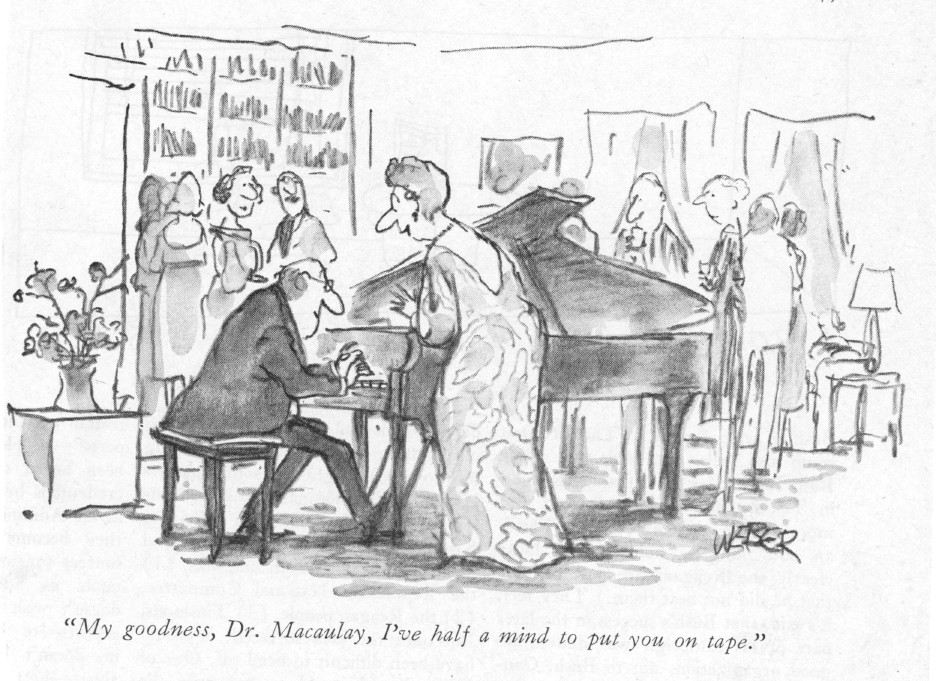
2004 Musical Autobiography and 2005 Supplement and since 2005
2004-2005 logfile for Cross-Cultural Studies in Music at W&L
(many of the links don't work, but you can see what I was trying to do)
Introductory material for 2005 version of Cross-Cultural Studies in Music (plenty of linkrot)
An hour-long interview with musical examples, broadcast on WLUR in 2005
Five minutes or so of the Apollonio cittern, more or less bluesy (2013)
links to FIVE albums of musical improvisations with Daniel Heïkalo
*****
My method is a sort of unconstrained hopscotch:
from one musical example one can leap to any of a vast number of others,
justifying the choice with an engaging story of parallels, contrasts, extensions, counterexamples;
or one can indulge in wanton randomness, leaving the auditor to supply a rationale, or not.
The auditor/victim is either swept up in the narrative and carried along, or exits quietly.*****
We've all had the experience of epiphany.
Conveying to somebody else in any medium is the greatest challenge of communication.
You have to induct that somebody else into the context of the epiphany.
It's a matter of getting to the place where you can see, hear, read, say --appreciate--
the subtleties, nuances, the message of a packet of information.*****